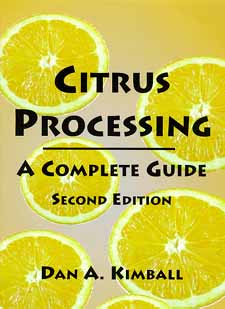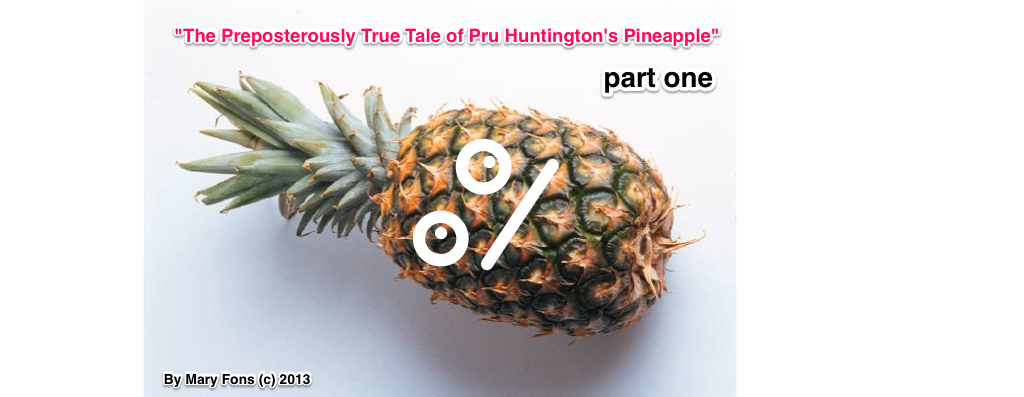
I wrote a poem yesterday morning and I’d like to share how that happened. The generation of “Trashy Is The Lime” is proof that as a writer, I must read writers who are better than I am every day. (The good news is that there are many, many writers better than I am, so I shall never be done reading. A good problem to have.)
It’s like wrestling. You wanna be a better wrestler, you gotta wrestle bigger dogs. You gotta hustle your way into the next weight class and get mopped up by Brutus a few times until you get strong enough to give him hell. You might not win, but look at your triceps! Writing is the same. Read the classics, read the best of the best. Your brain has to run pell mell to catch up and you will trip, son, but in the running you get faster and in the running you are running, which is far better than sitting.
Yesterday morning I closed the latest big dog (Dr. Faustus, for class) and took from my coffee table one of my favorite books ever: the latest (18th) edition of Bartlett’s Familiar Quotations. I flipped to a random page and discovered a stunning entry about my favorite place on earth, Chicago, USA. Check it:
“Gigantic, willful, young.
Chicago sitteth at the northwest gates.”
The quote was ascribed to writer William Vaughn Moody from a poem he wrote in 1901 called “An Ode In Time of Hesitation.” I snatched my iPad off the couch and tippity-tapped my way into the life of Mr. Moody (no relation to Dwight L. Moody, the famous Chicago preacher, FYI.) Moody’s poem is crazy good, inspired by the statue of a black soldier who served at the head of the first enlisted negro regiment in Massachusetts in 1863. It’s long, it’s intricate, and that line on Chicago is dope. As I read the full piece, I tried to figure out the rhyme scheme; before long, I had to get out paper and pencil to suss it out. It’s wild:
A-B-A-A-C-D-D-B-E-C-C-B-E **
“That’s bananas!” I cried, to no one at all because I was sitting in my living room alone. Saying “bananas” made me think of my collection of fruit poems. It’s an ongoing project; I’ve shared The Cantaloupe Poem here and the first half of The Preposterously True Tale of Pru Huntington’s Pineapple. Well, Mr. Moody’s crazy rhyme scheme was too tempting to ignore, so I set about writing a new fruit poem in the style of “Ode to Hesitation.” First, we must take a look at Moody’s opening verse, so you can see how the man did it.
I.
Before the solemn bronze Saint Gaudens made
To thrill the heedless passer’s heart with awe,
And set here in the city’s talk and trade
To the good memory of Robert Shaw,
This bright March morn I stand,
And hear the distant spring come up the land;
Knowing that what I hear is not unheard
Of this boy soldier and his negro band,
For all their gaze is fixed so stern ahead,
For all the fatal rhythm of their tread.
The land they died to save from death and shame
Trembles and waits, hearing the spring’s great name,
And by her pangs these resolute ghosts are stirred.
Awesome, right? Yeah. So, rather than do the 9,000 other things that I desperately need to do, I wrote a fruit poem. The poem is entitled “Trashy Is The Lime” and it’s about how limes are kinda gross, definitely ubiquitous, and, yes, trashy. It’s a rude thing to go from Moody’s gorgeous verse about the noble soldier to my attack on defenseless limes, but this is what I consider fun. This is my entertainment, what I do in my time off. And I would like to thank W.V. Moody, Bartlett’s, the Academy, and the editor of Love of Quilting, who is about to kill me because I’m late on an assignment. This is partly why. Enjoy!
Trashy Is The Lime
by Mary FonsLimes! limes! It must always be. The drinks we pour
Are sticky, and our garnishes are green
And sour, and this is what they’re for:
Lick, drink, suck; the lime be the cocktail’s whore.
The manner-est born in the family dwell
In Florida, armpit of our nation;
“Key” limes prized from this location,
But the compliment is mean.
Acrid, useless without supporting cast,
A wince on the tongue, a straight-up hard sell —
The lime behind the bar at the Hilton hotel,
Crushed with the coconut and everywhere seen,
Like roaches, limes shall humans outlast.
** If anyone knows what this poetical form is called, please, please tell me. I do not have a degree in English and I’ll be 70 before I will have the time/talent to get into the Iowa Writer’s Workshop MFA program in poetry where you might actually learn stuff like this.

